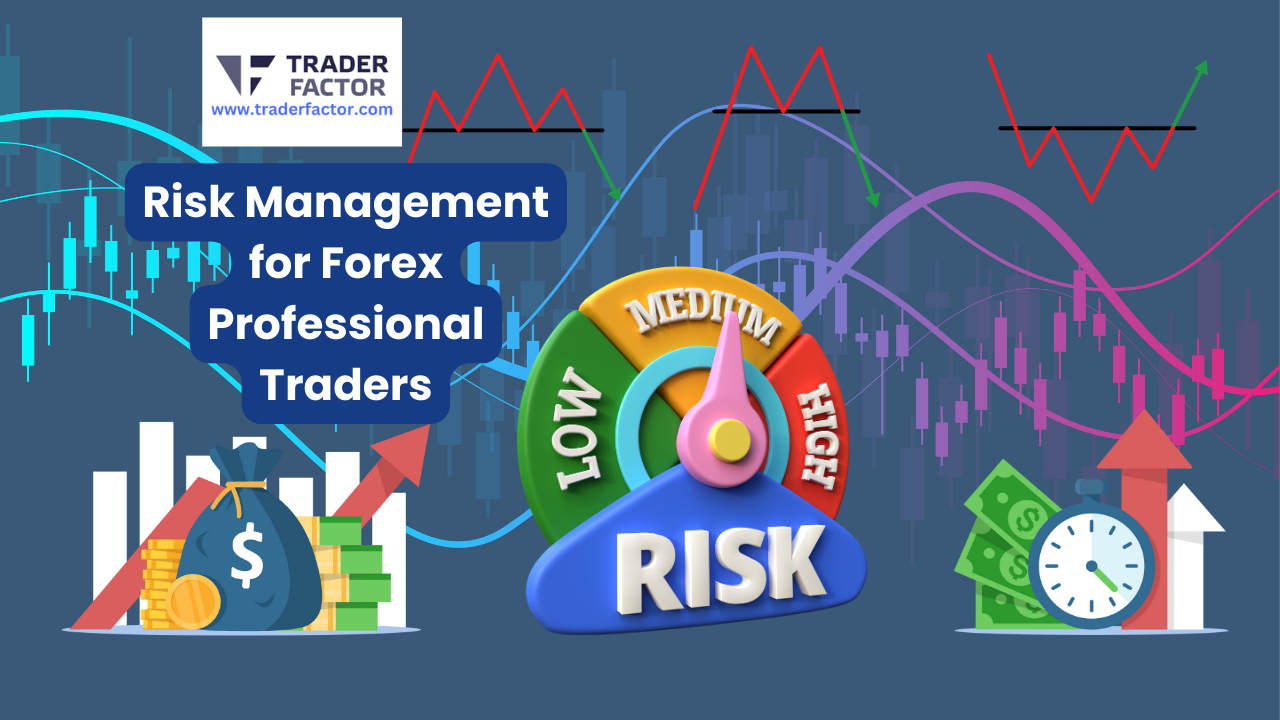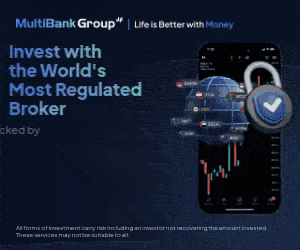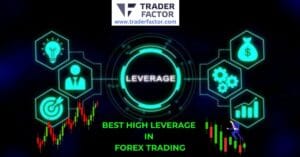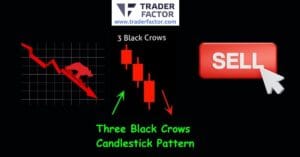Manage your Forex trading risks like a pro. Learn from top professionals about risk management strategies, techniques, and tools. Protect your profits and minimize your losses with expert guidance.
For professional Forex traders, managing risk is essential in order to remain profitable and mitigate possible losses.
As the markets are constantly fluctuating, having an effective strategy for mitigating your exposure to risk can mean the difference between success and failure as an investor.
Hence,it is essential to understand the various strategies available to traders, including limit orders, stop-losses, scalping techniques and long-term market outlooks.
This post will explore risk management tools and skills for forex traders in detail. With these tips in hand you can get a better grasp on how to navigate through potential risks associated with trading foreign exchange markets
Table of Contents
ToggleKey Skills and Qualities of Successful Forex Traders

Successful forex traders possess unique skills and qualities that allow them to navigate the volatile and unpredictable world of forex trading. Here are some key skills and qualities of successful forex traders:
Strong Analytical Skills
Analyzing and interpreting data quickly and accurately is the cornerstone of successful speculation in this volatile marketplace.
Developing robust analysis techniques requires practice and dedication and an understanding of macroeconomic conditions such as foreign exchange trends, economic cycles, inflation rates and currency strength.
Understanding these factors can allow a trader to project short-term market movements better and make informed decisions regarding buying or selling currency pairs.
Ultimately, investing time in honing one’s forex analytical skill set will help traders succeed in the foreign exchange markets.

Fundamental And Technical Analysis
For professional forex traders looking to maximize their returns and lower the risk associated with trading, it pays to understand two common yet fundamental analysis techniques.
Fundamental analysis predicts future movements in the currency markets by researching and analyzing economic, social and political events that could influence market conditions.
Conversely, technical analysis uses charting tools to identify patterns and trends in currency rates over different time frames.
Past performance can help you predict future price movements. Understanding both fundamental and technical analysis makes it possible to make successful trading decisions with greater accuracy and confidence.
Ability To Read And Interpret Market Data
Professional forex traders understand the importance of accurately interpreting market data and trends. They utilize various tools, including technical analysis and charting, to determine the right time to buy or sell.
Being able to interpret market data and trends is essential if one wants to be successful in trading.
The ability to assess market data correctly is an art form that professional forex traders have mastered through careful practice and experience.
With sufficient knowledge about trading threats and opportunities, professional traders are well-equipped for a prosperous future in the forex trading world.

Effective Risk Management Strategies
Professional forex traders know that risk management is essential to their trading. It’s impossible to control the markets, but with sensible strategies in place, it’s possible to take advantage of them and still come out on top.
Professional forex traders use a few successful strategies, including setting stop losses and assessing potential risks before entering a trade.
You should never risk more than you can afford to lose and be disciplined in your approach. Each measure helps professional traders stay organized and on track when trading the ever-volatile forex markets.
When used together effectively, risk management strategies become invaluable for successful trading.
Discipline And Good Decision-Making Abilities
Professional forex traders understand that success comes not from luck but consistent good discipline and decision-making. Developing these qualities as a trader is key to building a consistent trading strategy.
Without discipline and solid decision-making abilities, a forex trader would be nearly impossible to succeed in the long run.
Traders must possess an awareness of the various strategies available, select one which suits them best and then put it into practice with the necessary discipline.

Emotional Control And Stress Management Skills
Professional forex traders must have a great deal of emotional control to succeed and manage the stress of trading.
For this reason, some professional forex traders adopt different strategies for managing the constant influx of data, good and bad news and market movements that impact their investments.
Additionally, professional forex traders should take part in stress management activities such as keeping up to date on world events.
You should also take short breaks between trades and set goals related to work performance or profit targets as a way to gauge success.
Understanding Of The Forex Markets
Strong understanding of the forex markets and economy enable traders can make informed decisions when it comes to buying and selling currencies.
Many factors can affect the forex markets, such as interest rates, economic indicators, and political events. By keeping up-to-date with all of these factors, professional forex traders can give themselves a better chance for success.

Adaptability And Flexibility
If you want to be a professional forex trader, you need to have two key qualities: adaptability and flexibility. The market is constantly changing and evolving, and in order to be successful, you need to be able to adapt to those changes quickly.
You also need to be flexible in your approach; there is no one-size-fits-all solution in forex trading. What works for one person may not work for another, so it’s important to be able to experiment and find the approach that works best for you.
Essential Forex Trading Tools and Resources Used by Professionals
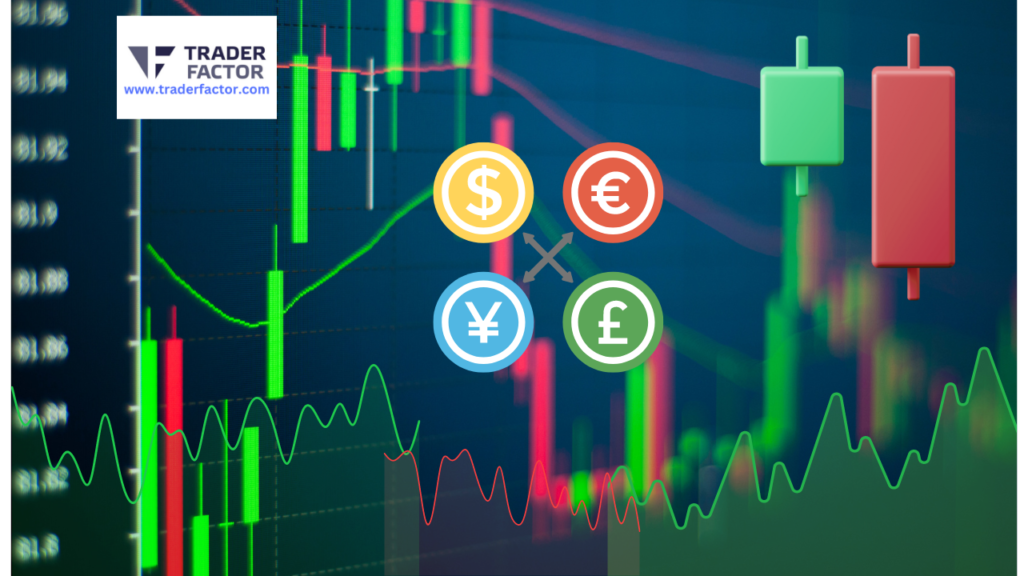
Professional traders rely on a range of tools and resources to help them make informed decisions and manage their positions effectively. Here are some of the essential forex trading tools and resources used by professionals:
Forex Trading Platforms
A reliable and user-friendly trading platform is crucial for professional traders. Some of the most popular platforms used by professionals include MetaTrader 4 (MT4) and MetaTrader 5 (MT5), cTrader, and TradingView.
These platforms offer a range of features, including advanced charting tools, indicators, and expert advisors (EAs).
Economic Events Calendar
An economic calendar provides traders with a schedule of important economic events and announcements that can affect currency prices.
Professional traders use economic calendars to stay informed about upcoming news releases and adjust their positions accordingly.

Charting And Indicators Software
Price charts and technical indicators are essential tools for forex traders. Professional traders use price charts to analyze historical price data and identify trends and patterns in the market.
Indicators like moving averages, RSI, and MACD can help traders identify potential entry and exit points.
Forex Trading Signals
Trading signals are generated by algorithms or experienced traders and provide information on entry and exit points for currency pairs.
Professional traders use trading signals to identify potential trading opportunities and enhance their decision-making process.

Mobile Trading Apps
These are applications that allow traders to access their trading accounts and perform trades on-the-go using their mobile devices such as smartphones or tablets.
They often provide real-time market data, charting tools, news updates, and other useful features.
Trading Robots And Automated Systems
These are programs designed to automatically execute trades based on pre-set rules and algorithms. They take emotions out of the equation and can operate 24/7 without human intervention.
However, it’s important to note that they are not foolproof and require careful monitoring.
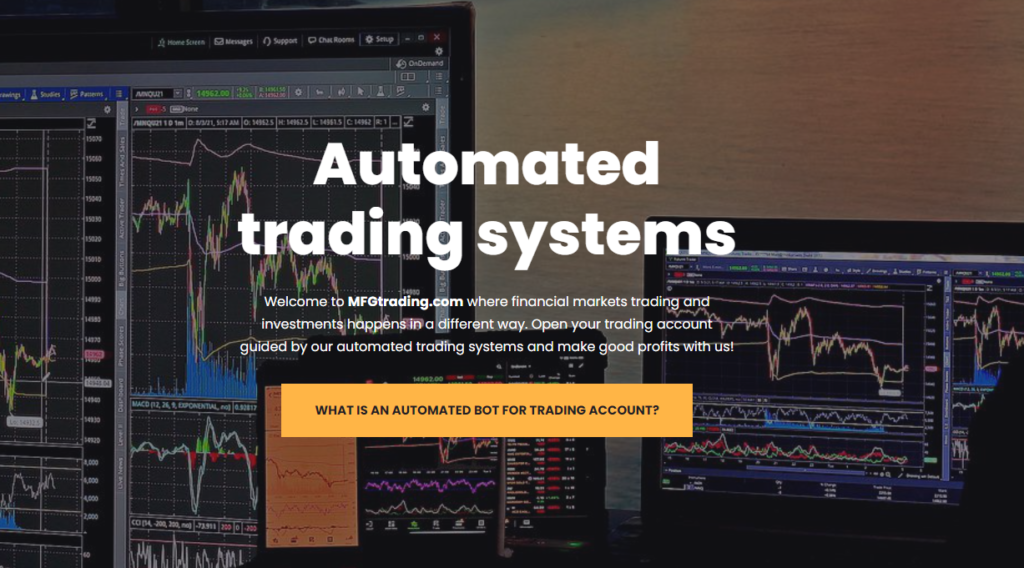
Vpn Servers
Virtual Private Networks (VPNs) are used by traders who want to protect their privacy and security while accessing the internet from different locations. This is especially useful for traders who travel frequently or work remotely.
Forex Trading Forums
These are online communities where traders can share insights, strategies, tips, and experiences with one another. They offer a wealth of information for both novice and experienced traders alike.

Educational Resources
These include books, courses, webinars, seminars, and other materials designed to help traders improve their knowledge and skills in Forex trading.
They cover topics such as technical analysis, fundamental analysis, risk management, psychology of trading, among others.
Strategies and Techniques for Risk Management in Forex Trading
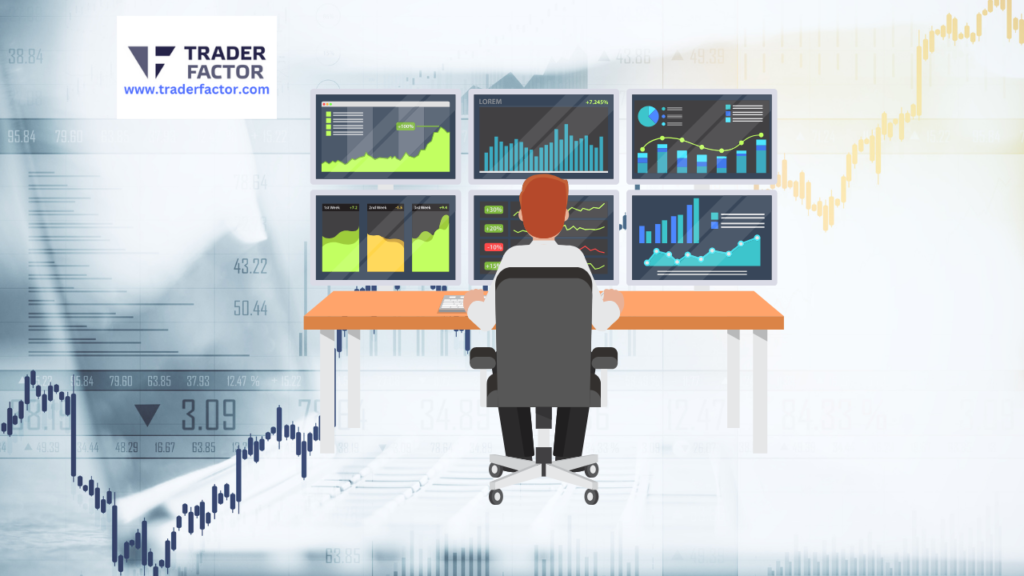
Risk management is an essential aspect of forex trading, as it helps traders minimize potential losses and preserve capital. Here are some strategies and techniques that professional traders use for effective risk management in forex trading;
Using Stop-Loss Orders
Stop-loss orders are orders that are placed to sell a currency pair when it reaches a certain price level. Traders use stop-loss orders to limit their potential losses and protect their capital.
Stop-loss orders can be set at a specific price level or a percentage of the account balance

Position Sizing
Position sizing is the process of determining how much capital to risk on each trade. Professional traders use position sizing strategies to ensure that they don’t risk too much of their capital on any single trade.
One common approach is to risk no more than 2% of the account balance on any trade
Diversify Trading Portfolios
Diversification is the process of spreading risk across different assets or markets. Professional traders use diversification strategies to reduce their exposure to a single currency pair or market.
This can be done by trading multiple currency pairs or investing in other markets, such as stocks or commodities.

Use Leverage Wisely
Leverage allows traders to control a larger position with a smaller amount of capital. While leverage can increase potential profits, it also increases potential losses.
Professional traders use leverage wisely, using a low leverage ratio and only trading with money they can afford to lose.
Use Risk-Reward Ratio
The risk-reward ratio is the ratio between the potential profit and the potential loss on a trade. Professional traders use a risk-reward ratio of at least 1:2, meaning that they aim to make at least twice as much profit as they risk losing on each trade.

Monitor Market News And Events
Professional traders keep an eye on market news and events that could affect currency prices. They use this information to adjust their positions and manage their risk.
This can include setting tighter stop-loss orders or reducing position sizes before major news events.
Adhering To A Strict Trading Plan
A strict trading plan provides a structure that serves as a guideline for making decisions in the markets and can help to curb impulsive behavior like chasing after losses or getting swayed by market news.
It’s important to develop a trading plan that best fits your risk tolerance and goals, then be disciplined in following it.
Knowing when to enter and exit the markets are critical components of being successful with your trades. This can be achieved by having a thoughtful and thoroughly created trading plan adhered to each time you enter into the forex market.
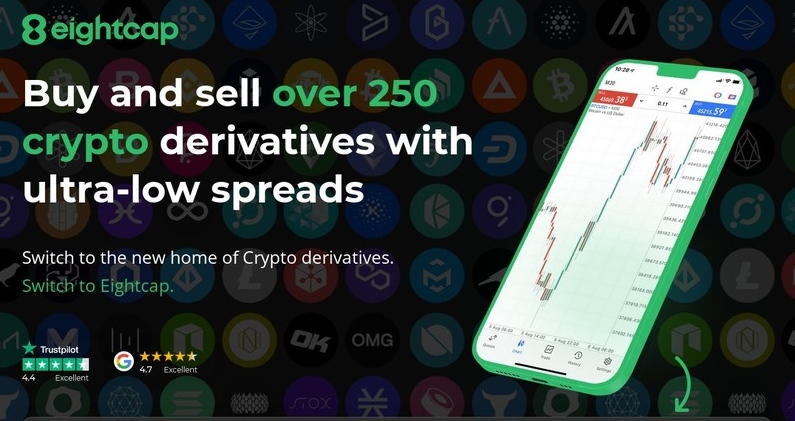
Regularly Monitoring Open Positions
it is important to regularly monitor open positions and adjust forex risk as needed. This means keeping abreast of the current market conditions and any changes in the value of a currency pair, making sure that stop orders are always in place, and ensuring that all trades are suitably hedged.
Doing this can help to mitigate any potential losses and ensure that gains are maximized.

Taking a Break from Emotional Trading
Taking a break from emotional trading is an essential part of protecting your trading account and overall investing strategy.
When emotions are running high, carefully thought out decisions become more difficult to make, leading to weak trades and losses that could have been avoided.
It also means devoting yourself to activities unrelated to trading while allowing yourself time to refocus on the bigger picture.
After all, it takes professional experience and sound judgement rather than emotion to yield consistent results as a professional trader.
Different Forex Trading Styles
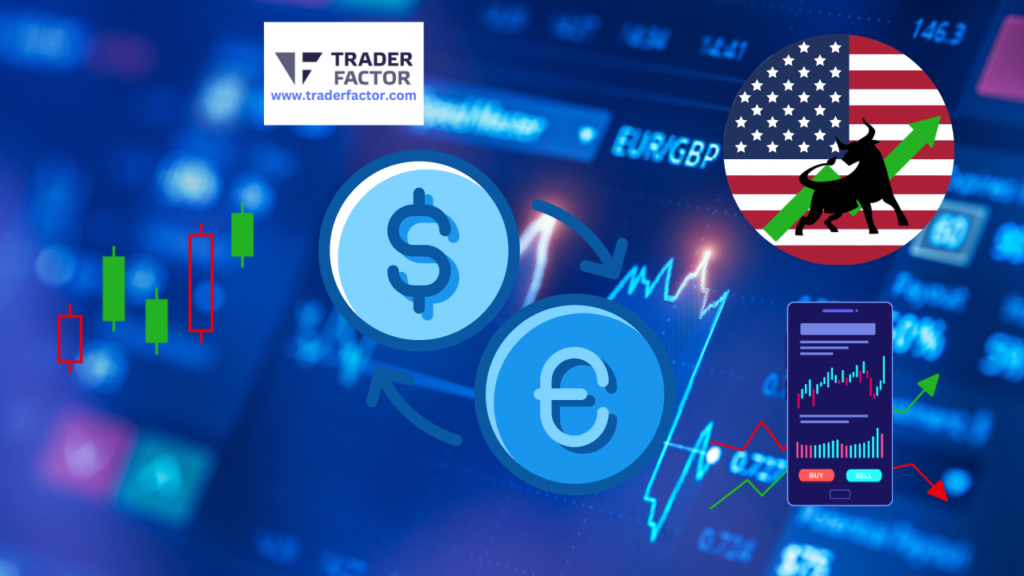
Professional forex traders approach the Forex market with different trading styles that reflect their individual personality and expertise. From day trading on short-term fluctuations to long-term trend analysis, the range of trading styles available is vast.
Traders who prefer to take a less risky approach may choose to diversify their capital over multiple positions or look for opportunities involving arbitrage trading. Here is a look at the most popular trading styles;

Scalping
Scalping is a trading style that involves taking advantage of small price movements over very short time frames. This type of trading requires quick decision making, as well as an ability to act quickly on opportunities.
Because scalpers focus on such small moves in the market, they tend to use fewer indicators than other traders and rely more heavily on technical analysis.
When done properly, scalping can be a highly profitable trading strategy; however, it also carries an increased risk due to the frequency of trades and speed at which decisions must be made.

Day Trading
Day traders are those who open and close positions within a single 24-hour period, meaning that no positions are held overnight. Day traders often use technical indicators to identify trends in the market and make decisions accordingly.
This type of trading is best suited for those with good risk management skills and an understanding of how markets work over shorter time frames. The key to success when day trading is to stay disciplined and stick to your plan.

Swing Trading
Swing traders focus on longer-term price movements than day traders do, typically looking for larger gains over slightly longer time frames (anything from several days up to a few weeks).
Like day traders, swing traders often use technical indicators like moving averages or momentum oscillators to identify potential entry points into the markets.
Swing trading is suitable for those with more patience than scalpers or day traders, since trades may take several days (or even weeks) before reaching their target profit levels.
Position Trading
Position trading is a long-term trading strategy that involves holding positions for an extended period of time, typically weeks, months, or even years.
In the context of forex trading, position traders aim to capture larger price movements by holding onto their positions for a longer period of time, as opposed to short-term traders who aim to profit from quick price fluctuations.

Trend Following
Trend following is a trading strategy that involves identifying and following the trend of a particular currency pair. This strategy assumes that markets tend to trend in one direction for an extended period of time and seeks to profit from this trend.
Traders who use this strategy may use technical indicators such as moving averages or trendlines to identify the trend, and may enter positions in the direction of the trend.
Counter-Trend Trading
Counter-trend trading is a trading strategy that involves identifying potential reversals in the trend of a currency pair and trading against the trend.
This strategy assumes that markets do not trend indefinitely and that there are opportunities to profit from short-term countertrend moves.
Traders who use this strategy may use technical indicators such as oscillators or support and resistance levels to identify potential reversal points.

Mean Reversion
The principle behind mean reversion is that markets are prone to overreacting to short-term events, causing prices to temporarily move away from their long-term averages.
However, over time, the market tends to correct itself, and prices eventually return to their long-term averages.
Traders who use mean reversion strategies typically look for opportunities to enter positions when a currency pair is significantly overbought or oversold.
They may use technical indicators such as Bollinger Bands, moving averages, or relative strength index (RSI) to identify when a currency pair has moved too far from its mean price.
Momentum Trading
Momentum trading is a trading strategy that involves buying or selling a currency pair based on its recent price momentum.
This strategy assumes that trends are likely to continue in the short term and seeks to profit from these short-term trends.

Algorithmic Trading
algorithmic trading involves using computer programs to execute trades based on pre-set rules and algorithms.
These programs can analyze vast amounts of data, including historical price movements, technical indicators, and other market variables, to make decisions about when to enter or exit trades.
One of the primary advantages of algorithmic trading is speed. Because the computer program can execute trades much faster than a human trader ever could, it can take advantage of even small fluctuations in the market to generate profits.
Additionally, because the program is not influenced by emotions like fear or greed, it can stick to its pre-set rules and avoid making costly mistakes.
News Trading
News trading involves taking advantage of market movements caused by significant news events such as interest rate announcements or economic reports.
Traders who use this strategy will typically monitor economic calendars for upcoming news releases and try to predict how the market will react based on their analysis.

It requires a deep understanding of global events and their potential impact on currency markets. Traders need to be able to interpret economic data quickly and accurately and adjust their strategies accordingly.
Conclusion
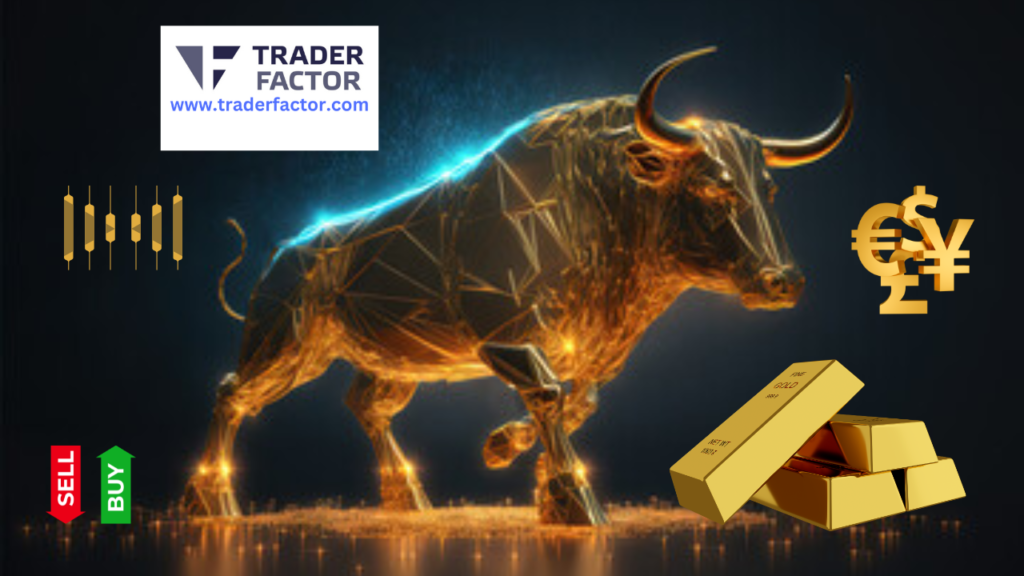
Forex trading is a popular activity among professional traders but comes with significant risks. Fluctuations in currency exchange rates can cause substantial financial losses, making it crucial for traders to have a risk management plan in place.
Risk management is the process of identifying, assessing, and controlling potential risks to minimize their impact on a trader’s portfolio.
Effective risk management strategies help traders make informed decisions while reducing the likelihood of significant financial losses.
Forex traders can use various risk management techniques, such as setting stop-loss orders, using leverage responsibly, diversifying their portfolios, and monitoring economic and geopolitical events that may impact currency exchange rates.
Traders must also stay up-to-date with the latest market trends, news, and economic data to make informed decisions about their trades.
The forex market is highly volatile and subject to sudden changes, which makes it essential for traders to develop a risk management plan that considers all possible scenarios.
Disclaimer:
All information has been prepared by TraderFactor or partners. The information does not contain a record of TraderFactor or partner’s prices or an offer of or solicitation for a transaction in any financial instrument. No representation or warranty is given as to the accuracy or completeness of this information. Any material provided does not have regard to the specific investment objective and financial situation of any person who may read it. Past performance is not a reliable indicator of future performance.

